Home > Opinion > Atiku vs Obi: Two Paths, One Troubled Na...
Atiku vs Obi: Two Paths, One Troubled Nation - Who Can Truly Rescue Nigeria?
By Admin | 27 Nov, 2025 10:37:00pm | 201
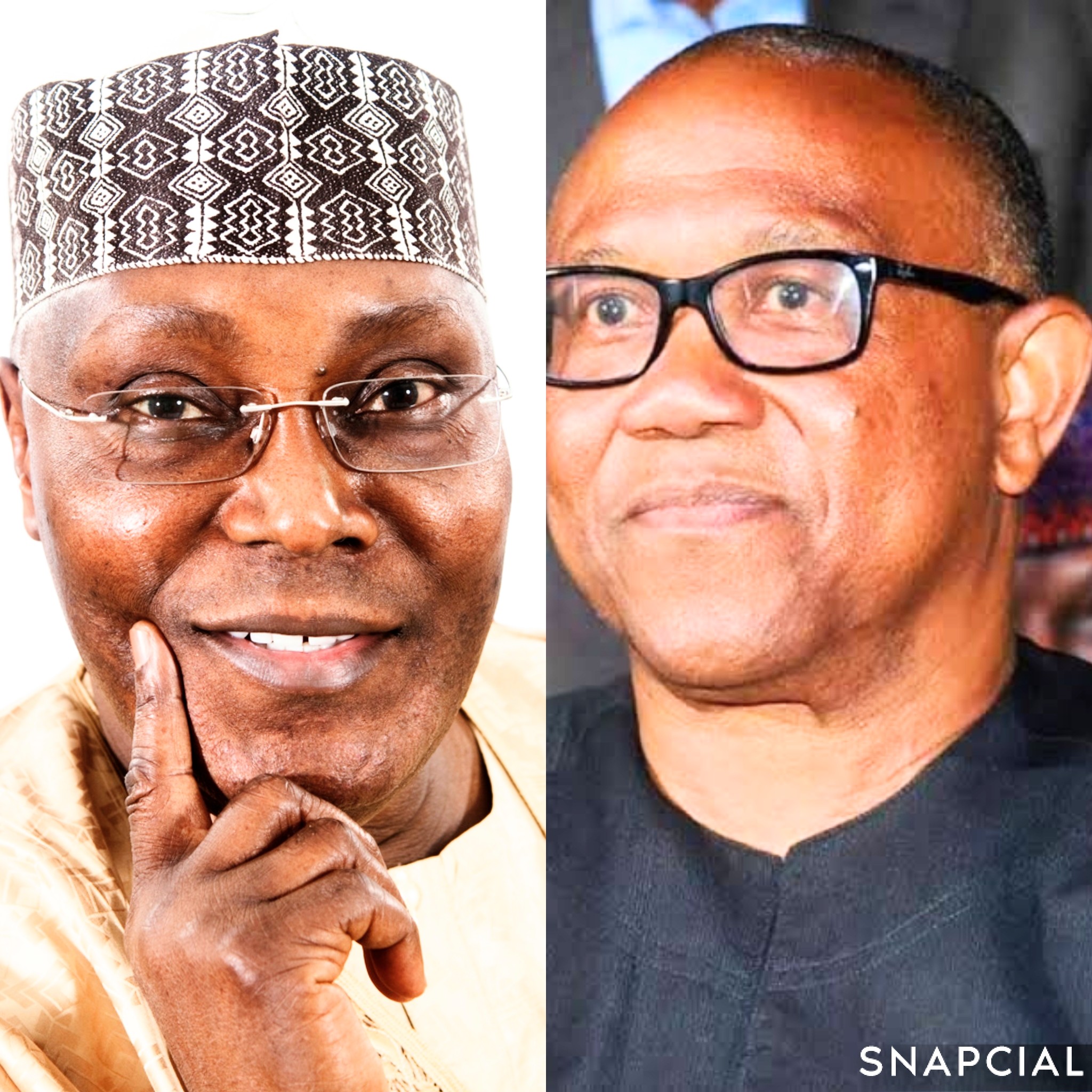
By Dr. Buchi Nnaji
Nigeria stands at a decisive crossroads. The economic shocks of recent years, such as inflation, currency instability, rising debt, and eroding public confidence have created an urgent demand for leadership that can both stabilize the present and secure the future. In this climate, two opposition figures continue to dominate conversations about credible alternatives to the current administration: former Vice-President, Atiku Abubakar and former Anambra State Governor, Peter Obi. Though both men position themselves as solutions to Nigeria’s crisis, they offer distinctly different styles, strengths, and leadership philosophies.
Atiku Abubakar brings with him decades of experience - from the civil service to the private sector, from political coalition-building to national governance. He has built alliances across regions, weathered Nigeria’s shifting political landscape, and maintained influence in ways few modern politicians have achieved. His supporters point to his broad national reach and his long-standing advocacy for market-driven reforms and stronger federalism as evidence of a man prepared to govern a country as complex as Nigeria. They argue that Nigeria’s current turbulence requires a leader who understands the machinery of government intimately and can negotiate the difficult compromises that large-scale reforms demand.
Peter Obi, by contrast, presents a very different proposition. His record as governor of Anambra State remains a benchmark for transparent, fiscally responsible governance. He prioritized education, healthcare, savings, and efficient service delivery, often doing so in ways that directly contradicted the excesses associated with Nigerian politics. Obi’s appeal is strongest among citizens who believe Nigeria needs not just new policies, but a new culture of public accountability. His vision is rooted in disciplined spending, institution-building, and long-term human capital development, which are elements many Nigerians believe are essential for real national renewal.
When measured against President Bola Tinubu, both Atiku and Obi offer strengths that resonate in areas where the current administration is viewed as struggling. Atiku outperforms Tinubu in federal political experience and in building the kind of nationwide alliances required for sweeping reform. Obi, meanwhile, compares favorably in governance discipline, prudent management, and a strong track record of prioritizing the welfare of ordinary people through thoughtful investment and waste reduction.
The real dilemma, however, is not simply choosing between two individuals, but deciding which kind of leadership Nigeria needs most at this moment. If Nigeria’s most pressing problem is political fragmentation, that is if the country requires a stabilizer with deep national influence who can push reforms through entrenched power structures, Atiku’s political weight becomes a clear advantage. But if the problem is a crisis of governance, accountability, and public trust, then the nation may benefit more from Obi’s principled, data-driven, and people-centered approach.
In truth, Nigeria needs both the practical political skill of Atiku and the disciplined reformist energy of Obi. But elections do not allow such combinations. A choice must be made.
After weighing their contrasting strengths against the nation’s urgent needs, Peter Obi emerges as the candidate whose style of leadership is most aligned with what Nigeria requires now: fiscal discipline, transparent governance, and a renewed focus on education, healthcare, and economic productivity. His track record shows not only a capacity for reform, but the will to implement it with integrity.
Atiku remains a respected, formidable statesman capable of navigating Nigeria’s political realities. But the present moment demands more than political calibration; it demands a moral and managerial reset powerful enough to rebuild confidence in the Nigerian state.
As the country searches for a path out of hardship, one truth stands out: Nigeria can no longer afford leadership that manages crises; it needs leadership that prevents them. And on that score, Peter Obi offers a clearer, cleaner, and more credible roadmap to national renewal.

Leave a Reply
Your email address will not be published. Required fields are marked *
Category
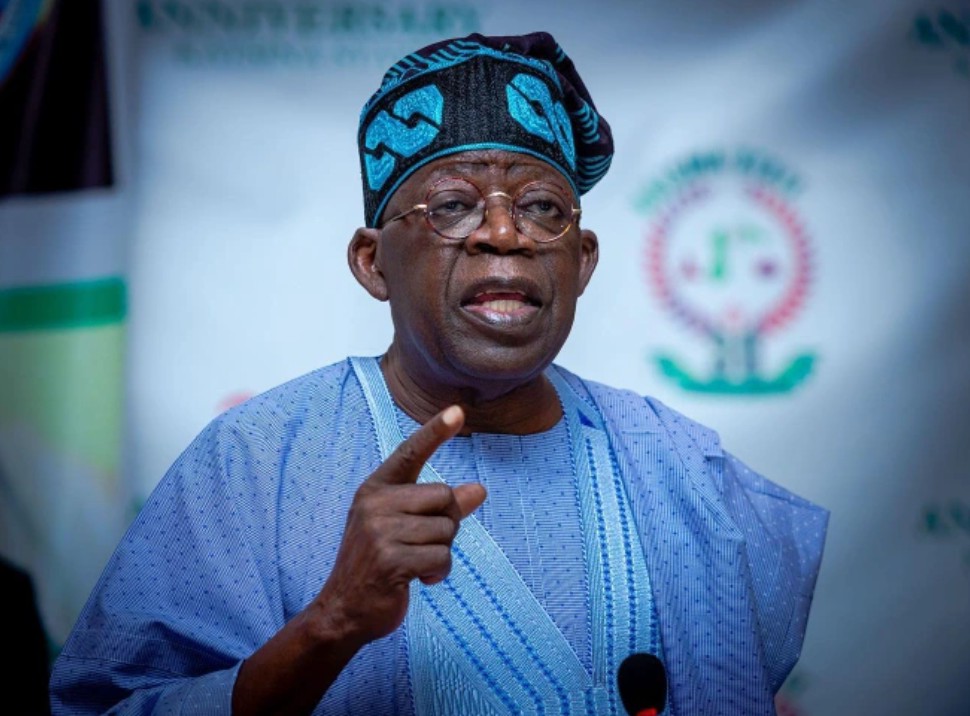 Politics
Politics Opinion
Opinion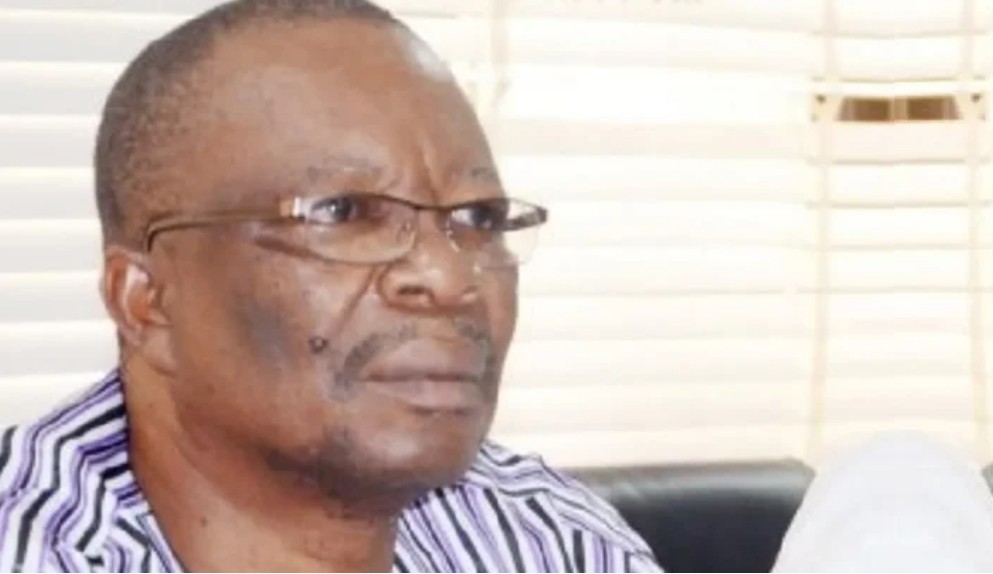 Education
Education 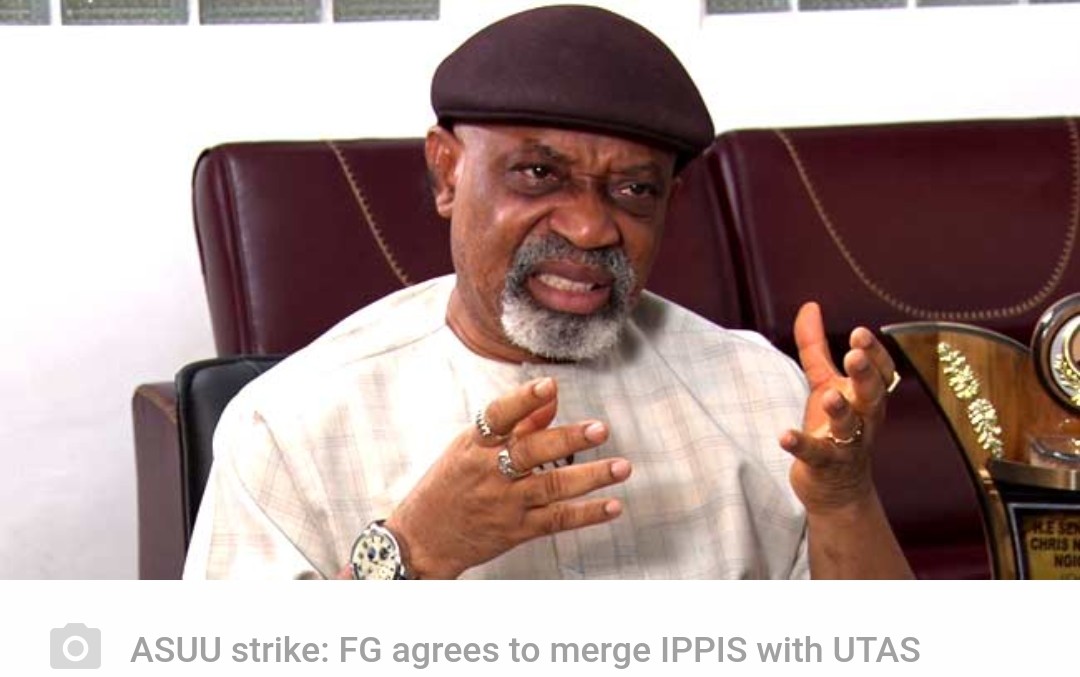 News
News.jpeg) Interviews
Interviews Crime & Security
Crime & Security Entertainment
Entertainment Sports
Sports 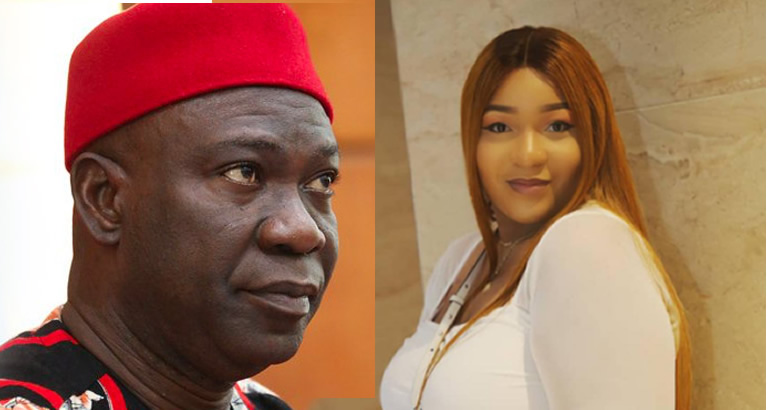 Health
Health Business & Economy
Business & Economy Technology
Technology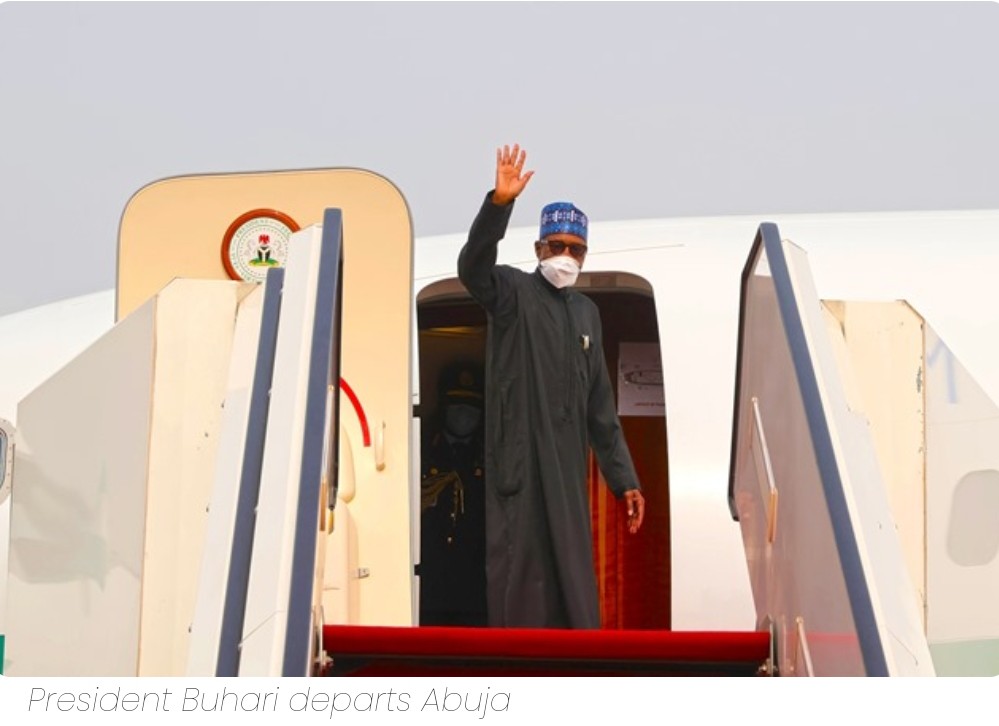 Culture & Tourism
Culture & Tourism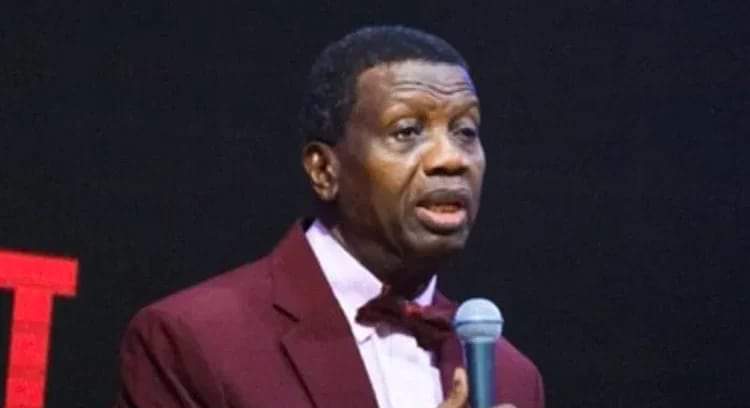 Religion
Religion